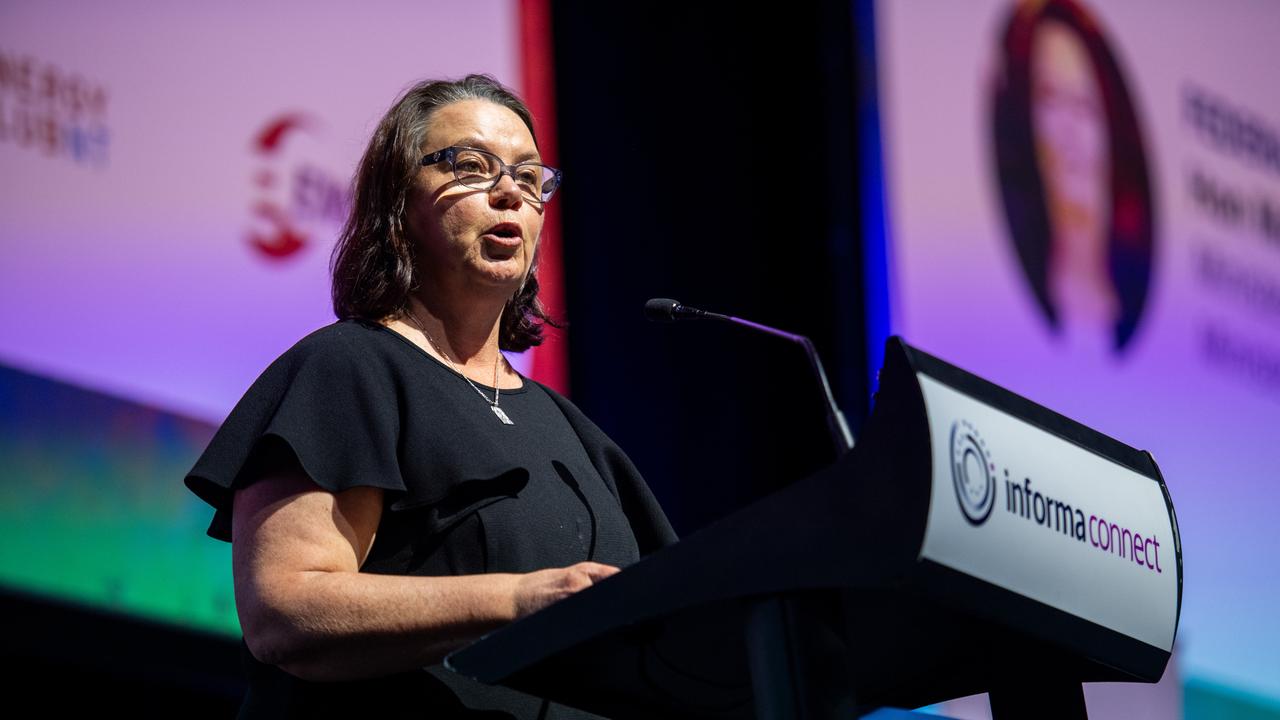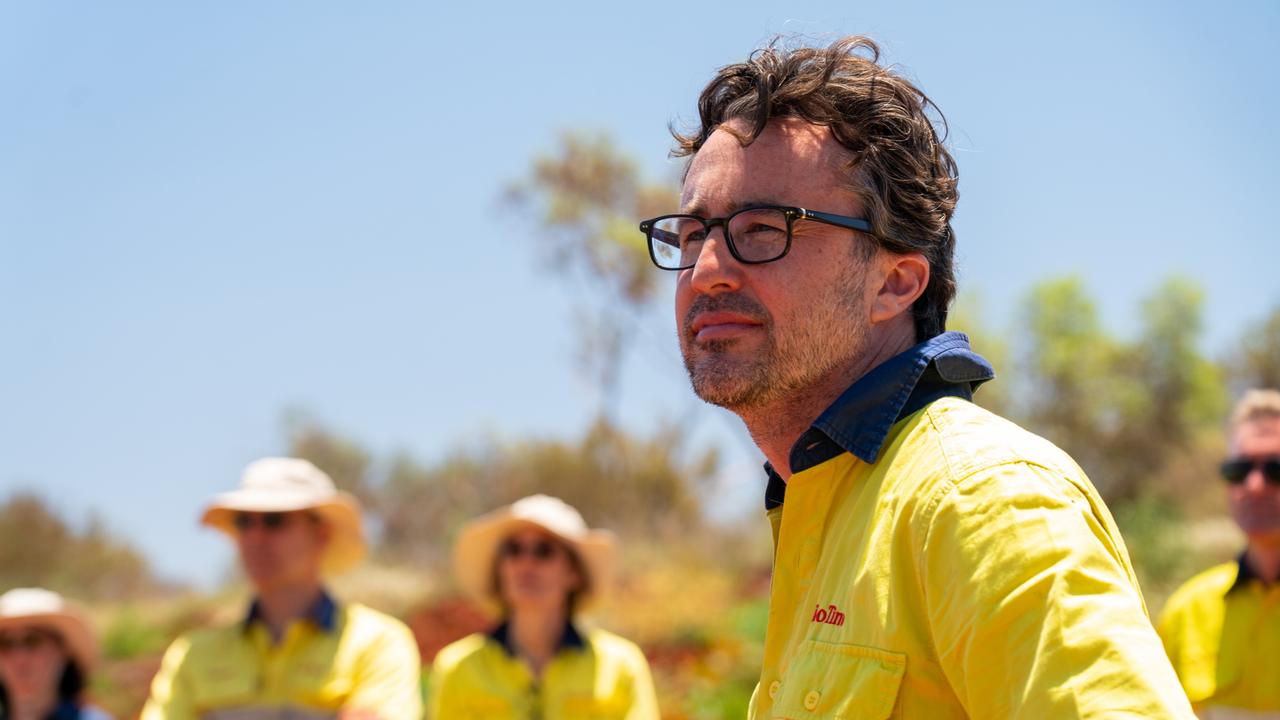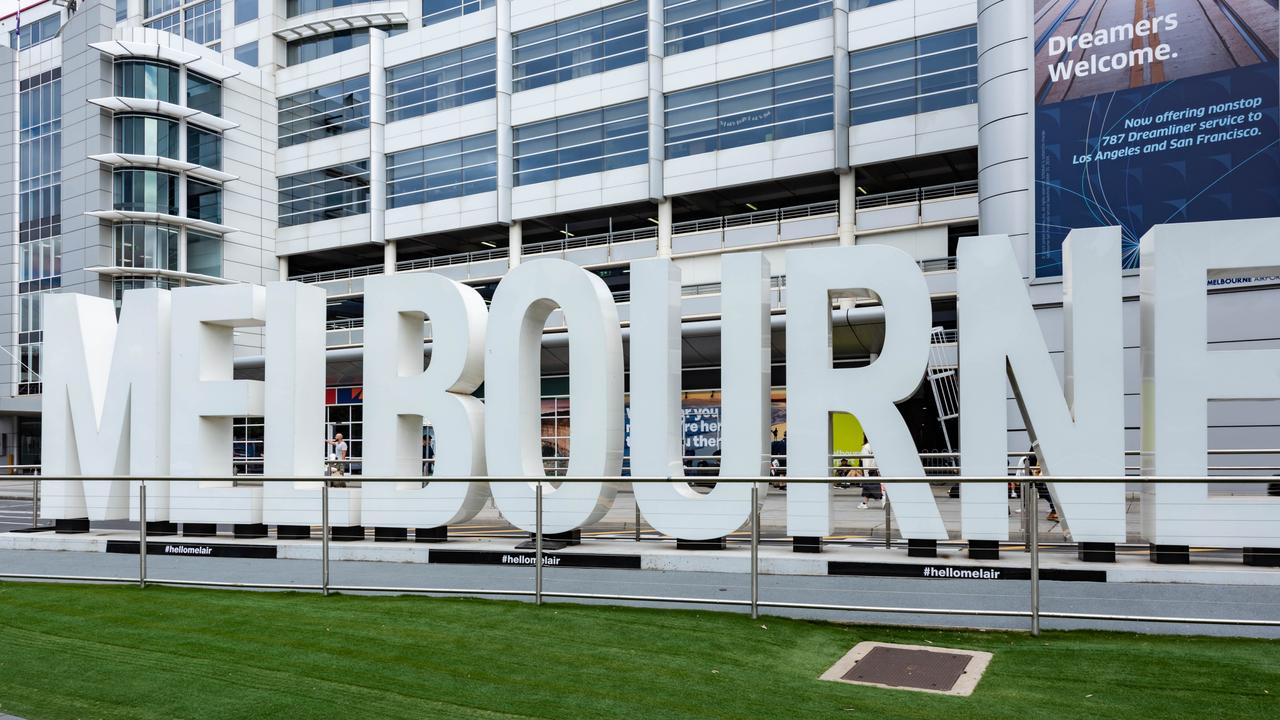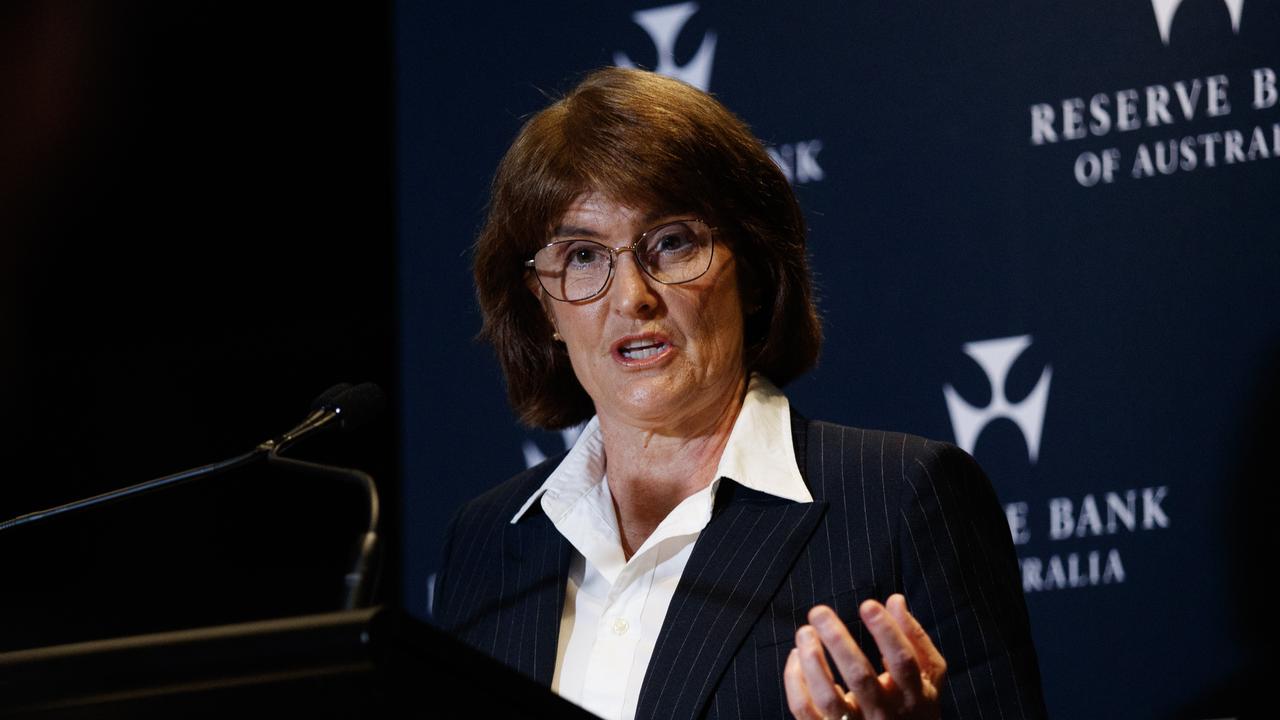All bets are off: Bell’s Star hunt sensationally misses the mark
The lack of hard facts means the ‘Bell II’ inquiry increasingly looks like nothing more than a vanity exercise.

Business
Don't miss out on the headlines from Business. Followed categories will be added to My News.
The grand elephant hunt NSW’s casino regulator unleashed on Star Entertainment and its top executives has returned with a barely a mouse.
From the outset, the second, costly Bell inquiry into Star smacked of regulatory overreach by the state’s casino cop and its boss Philip Crawford. The findings from Bell are only likely to add to these concerns.
Indeed, the sum of the whole sorry drama is that the second Bell inquiry has come back with remarkably little.
Crawford’s own hand-picked head of the inquiry – Adam Bell – concluded that two years on from his first report, Star is falling short of what is required from a suitable casino operator.
This is unsurprising given the scale of the cultural overhaul, the management turnover, financial and even regulatory pressures heaped on Star since it imploded during the first inquiry in 2022.
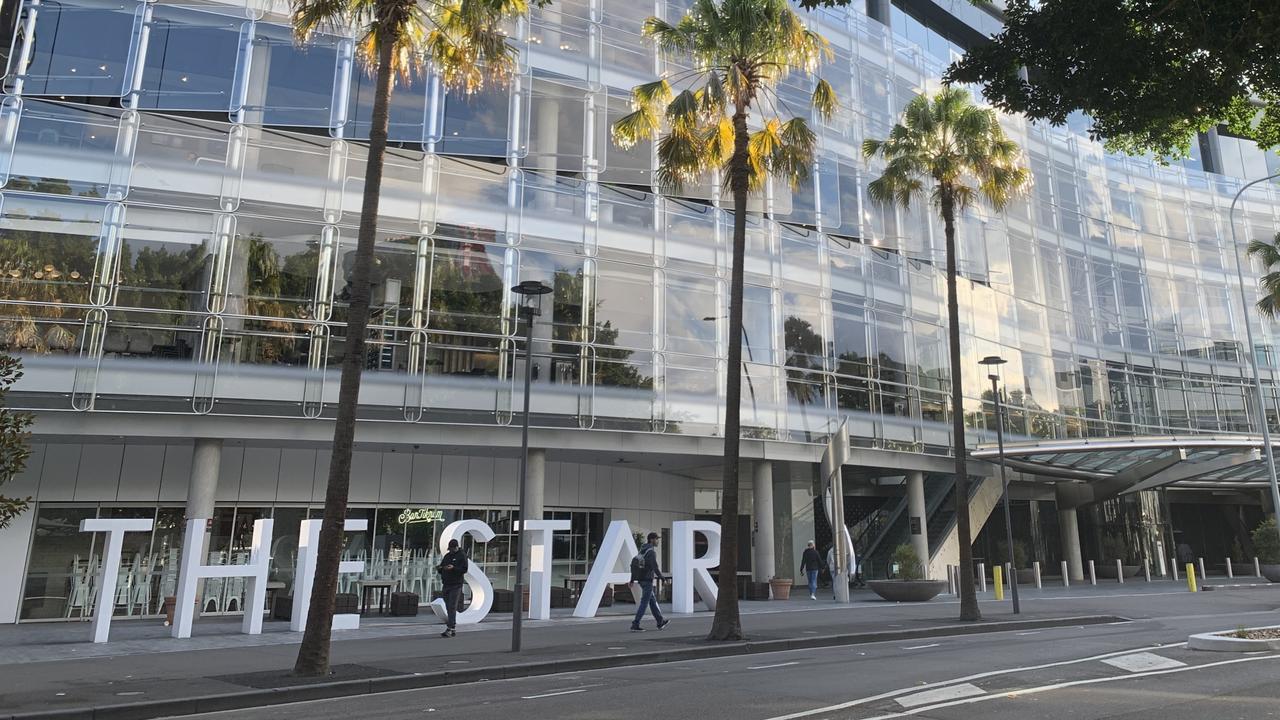
The findings also confirmed what Star’s management and board had been urging its regulator all along – the casino needed more time and room to push through the significant cultural changes and rebuild.
The lack of hard facts means Bell 2.0 increasingly looks like nothing more than vanity exercise by the NSW Independent Casino Commission. As The Weekend Australian has documented, in the sights of Crawford was Star’s former chief executive Robbie Cooke and now former chairman David Foster, whose reputations he has trashed along the way.
Remarkably, through more than 500 pages of findings, Bell didn’t always play along with Crawford’s agenda. Nor could he point to real or systemic failures, let alone find crime gangs or a broken culture.
Rather he found a casino facing extreme external shocks racing to recruit more and better qualified staff.
Despite sitting on Adam Bell’s report for more than a month, Crawford’s reputation for the performative over the process was on display yet again on Friday. He went for maximum impact and chose to drop the report on the very morning that Star was scheduled to deliver its full-year results.
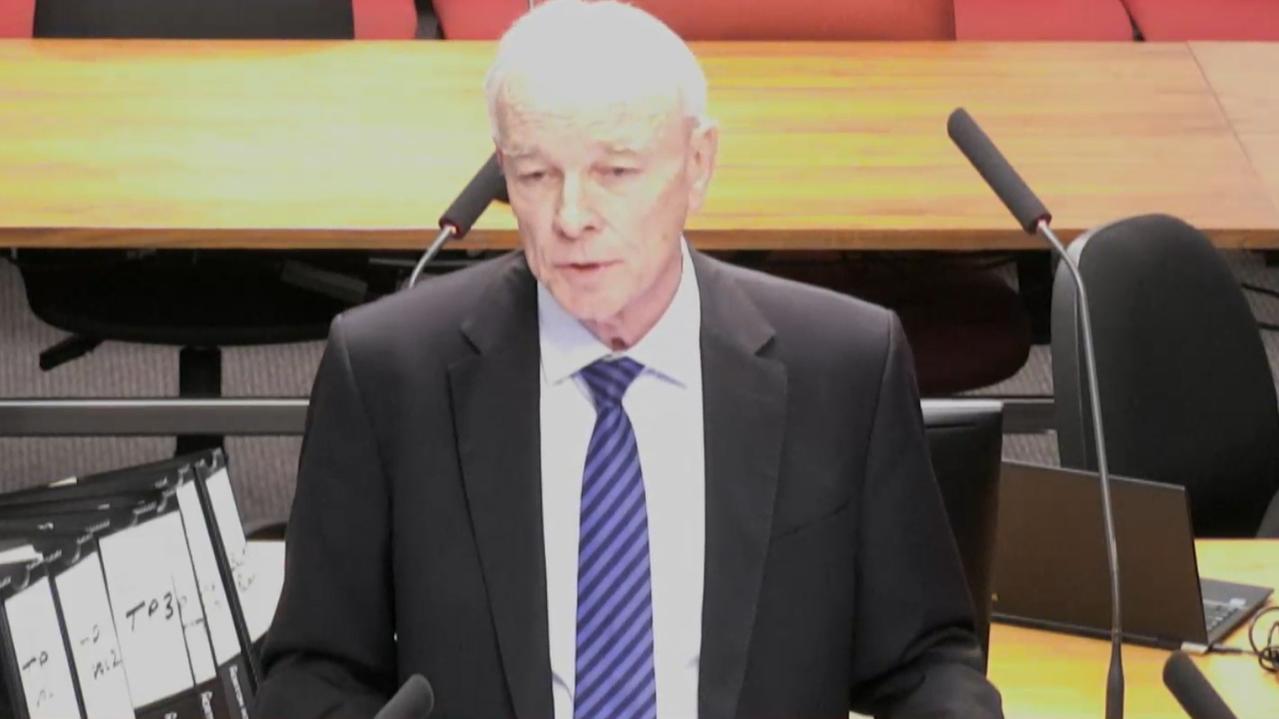
The report was first hand-delivered to Star’s Sydney offices at 8am on Friday and then two volumes were released publicly just over an hour later. These actions were unnecessary and represented yet another round of regulatory fog for Star, forcing the casino to scramble to suspend its shares and delay the release of its accounts until Monday.
Crawford said little on Friday but in a statement noted there were “serious regulatory failures” and the findings justified the need for the second Bell inquiry. He will consider a regulatory response in due course.
Bell concluded there were four “operational failures” over the past two years and only one of these could be considered serious. Unlike in 2022, there were no clear breaches of the casino licence conditions (though in one case there was a risk of a breach) and no major laws were broken.
The four incidents had taken place under the watch of the NICC’s hand-picked special manager, Nick Weeks.

As the person holding the licence, surely he needs to be held accountable? However, last month Weeks quietly had his term extended for another six months.
Bell’s report is timid as it fails to address the real elephant in the room, which is the relationship between the NICC and Star.
History is important here, because Crawford has never owned up to the fact his agency was fast asleep when Star’s real wrongdoing and brushes with organised crime and money laundering were taking place last decade, as uncovered in the real Bell inquiry.
Bell dances around the subject, concluding Star had a “worse” relationship with its regulator than at the time of the 2022 report, but fails to ask what the common link is. His conclusion is shallow; he puts this down to a series of private text exchanges between former boss Cooke and Foster and setting an “us against them” mentality across the organisation. Both are experienced executives that have previously worked with regulators from banking to gaming. And through Bell, both strongly disagreed with this assertion.
It is ludicrous that several private texts between the two aimed at easing the pressure in the face of a brutal external environment should be used as fodder for a wholesale cultural roadblock. Even Bell concludes the text with the most potential to do damage – “abolish the NICC”, sent by Foster to Cooke – was taken out of context. “Mr Foster’s explanation, to the effect that he was expressing a wish for Mr Cooke to raise with the NSW government the prospect of a regulator having wider powers of supervision over all licensed gambling venues, is accepted,” Bell says.

As revealed by The Weekend Australian, the source of much of Crawford’s ire towards Cooke and Foster had been a lengthy rebuttal to Weeks’ annual assessment of Star finished last October. While it was sent to the NICC under the names of the former CEO and chairman, Bell accepts that the rebuttal was signed off by the board when it delivered in January.
Star had been concerned Weeks’ report was the sum of information that the NICC was getting about Star’s reform efforts.
They believed the Weeks report contained factual errors and had missed significant reform programs undertaken by Star, and this could jeopardise the prospect of getting its licence back.
Star’s January rebuttal was written in formal language, although parts of the report had been underlined and put in bold. This was “aggressive, confrontational and inappropriate”, Bell concluded.
Even Bell concedes there is nothing wrong with reasoned disagreement, or even “robust disagreement”. Indeed “dialogue of this nature ought not in principle be discouraged,” he adds. However in Bell’s mind Star had limited recourse to push back on areas of disagreement given the wider context that The Star’s licence to operate a casino was suspended and its social licence to operate was at risk.
It’s important to come back to what was uncovered by this royal commission-style inquiry.
More than two dozen lawyers and barristers, across three months of public hearings with millions of dollars spent, found four breaches of the casino’s internal controls. But they weren’t uncovered by the inquiry. They had all been self-reported, investigated and dealt with by the casino.
Two of these breaches were operational and technical in nature. One of these was a software glitch on a gaming machine that through a certain sequence would spit out small amounts of cash to lucky punters. This went undetected for nearly a month, ultimately costing the casino $3m.

Another breach came down to a lack of clear language in filings made to the NICC over how many customer probity checks had been “completed”. The number was 25,000 of 32,205 but this was not clear in the filing. The Star’s own chief risk officer Scott Saunders told the inquiry there was no intention to mislead the regulator, which was accepted by Bell, although he declared the paperwork “inadequate”.
Arguably the most serious breach was uncovered in January this year when seven of the casino’s staff had been found to fudging interruption checks under responsible gaming rules. These rules are designed to break the focus for patrons that have been sitting on a machine for extended periods. One patron had been on a machine for more than three hours, and this was identified by a Liquor & Gaming NSW staffer.
An investigation found several other patrons weren’t contacted during a shift. The breaches and the falsified reports – put down to lack of resources – were taken seriously by the casino’s investigations team, which launched a full review. Bell acknowledged Star “initiated an appropriate response” but added the incident was a “serious failure”.
It’s a problem that every gaming floor in NSW confronts; in Star’s case the cover-up by floor staff was worse. It should be dealt with but proportionally. But again, is this really the trigger to launch a commission, smashing reputations and trawling through thousands of private texts?
Even so Bell concludes there had been a “material improvement in risk management culture” under Cooke. Bell also acknowledges evidence by Weeks “that he had a strong working relationship” with Star Entertainment.
Ultimately it’s the people of NSW who are worse off because of these cat and mouse games.
So too, Star’s 8000-plus employees and its shareholders are worse off. Even under new chief executive Steve McCann, the casino faces the very real prospect of being carved up and sold off.
It would be a blow to NSW to have its weakened casino even weaker.
johnstone@theaustralian.com.au
More Coverage
Originally published as All bets are off: Bell’s Star hunt sensationally misses the mark





